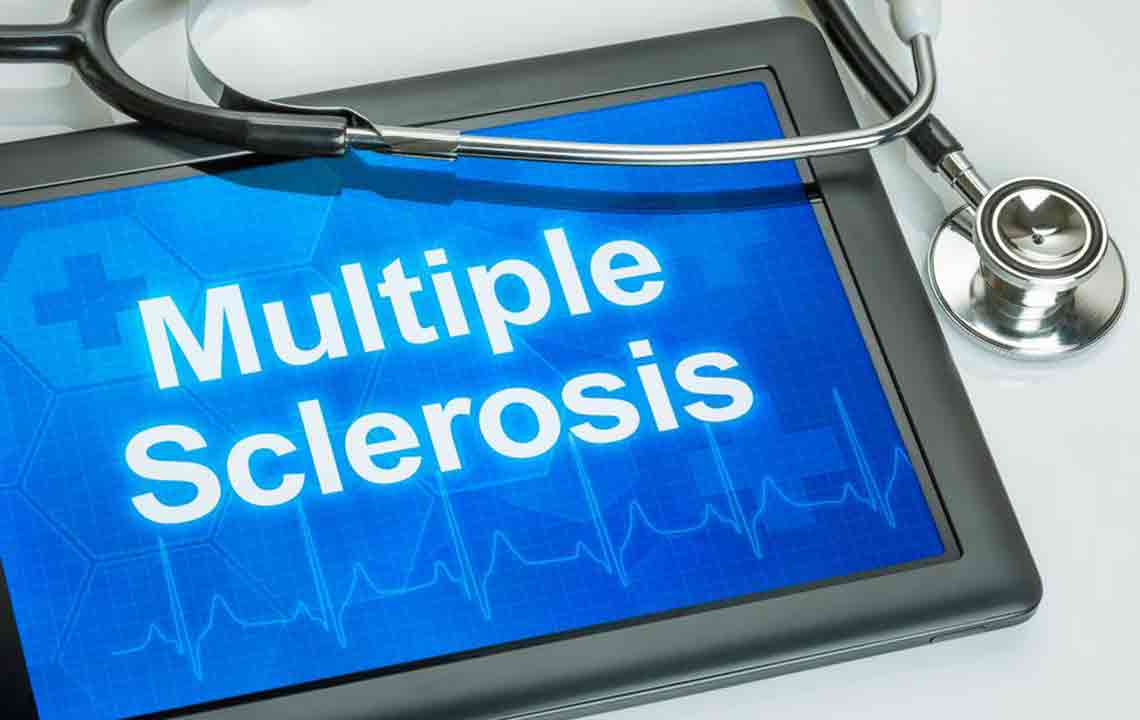Emerging Advanced Treatments for Multiple Sclerosis
Explore the latest advancements in multiple sclerosis treatments, including innovative medications and therapies designed to reduce symptoms, prevent relapses, and slow disease progression. Although a cure is still in development, these emerging options significantly improve quality of life for MS patients, supported by ongoing research and clinical trials that promise a brighter future.

Emerging Advanced Treatments for Multiple Sclerosis
With numerous innovative therapies now available, it’s essential to understand which treatments are effective for multiple sclerosis.
Multiple sclerosis (MS) is a long-term neurological disorder that damages the protective covering of nerves, called myelin. This progressive deterioration disrupts nerve signals, leading to various symptoms. A diagnosis of MS indicates that myelin fibers are thinning, resulting in motor, sensory, and cognitive issues. The disease impacts each person differently, requiring personalized treatment plans. Recently developed therapies aim to reduce symptom severity, prevent flare-ups, and slow disease progression, improving patients’ quality of life.
New treatments include medications and therapies that target different aspects of MS. These approaches include managing symptoms like mobility and vision problems, muscle spasms, and cognitive decline. Combining medication with behavioral therapies and support groups helps patients better cope with the challenges of MS. While a definitive cure remains elusive, ongoing research and innovative treatments offer hope for improved management and a brighter outlook for those affected.
Some notable new MS therapies are:
Ampyra (Dalfampridine)
This potassium channel blocker enhances nerve signal transmission, helping improve walking speed and leg strength by counteracting nerve conduction issues caused by myelin loss.
Teriflunomide (Aubagio)
An oral medication approved since 2012, Teriflunomide slows disease progression and decreases the frequency of relapses by modifying the immune response.
Tecfidera (Dimethyl Fumarate)
Approved in 2013, Tecfidera is prescribed primarily for relapsing-remitting MS, reducing immune system attacks on myelin and minimizing disease progression.
Myelin Peptide Patches
This innovative therapy involves wearing patches that deliver myelin protein fragments, reducing relapses and lesion formation over a year. It shows promise as a supportive treatment.
Modified Story Memory Technique (mSMT)
Research indicates that mSMT can enhance cognitive function in MS patients, helping improve mental clarity and memory.
Research into MS treatments continues, driven by funding and innovation. Although a cure has yet to be found, these newer therapies and medications offer hope and improve patient outcomes for those living with MS.










